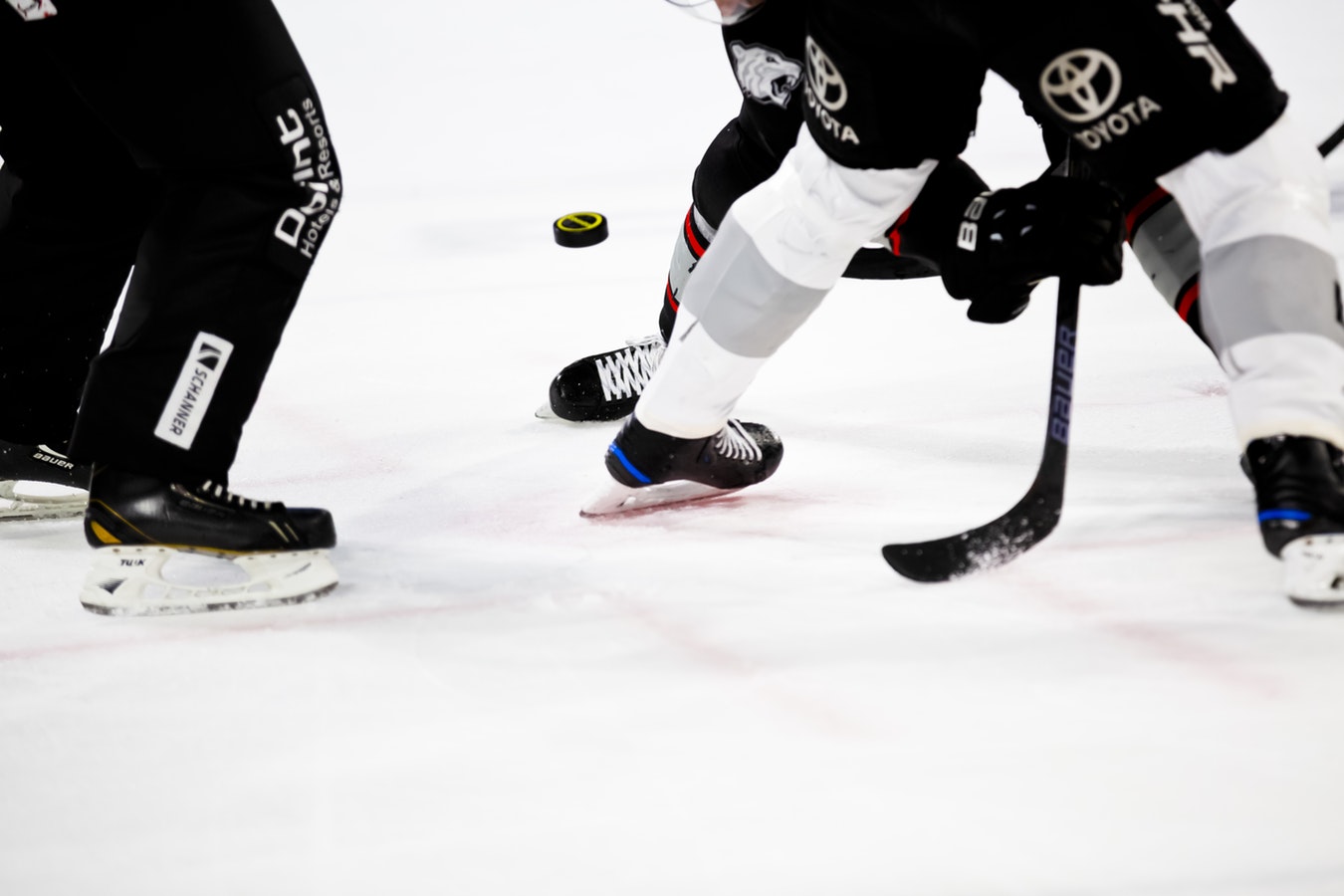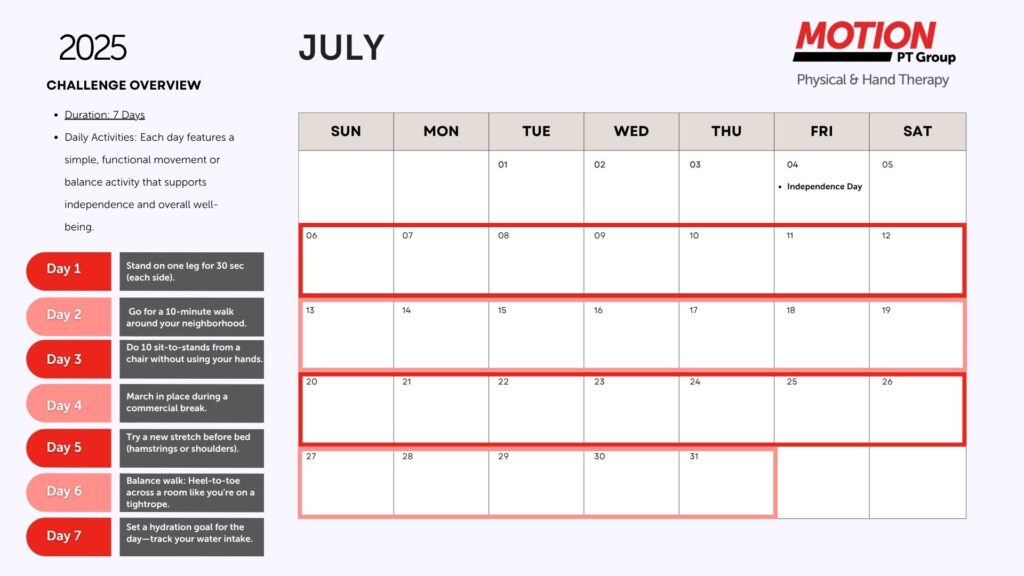What is a Hernia?
A sports hernia is a condition in which a soft-tissue injury has developed along the groin area. A traditional hernia is a hole in the peritoneum of the abdomen (the muscular lining that holds all of your organs together). A hernia will produce a lump or bulge in the affected part of the stomach and thus is easy to spot by a medical professional. A sports hernia, however, is caused by torn tendons connecting to the pelvic area. This affliction, medically referred to as athletic pubalgia, is caused by stress to this part of the body during movements, such as sudden impact or constant twisting motions of the pelvis. Most often it occurs in sports involving large amounts of rapid movements, such as football, hurdling, hockey, skiing, and other similar activities. Unfortunately, this injury is a common occurrence for most athletes. According to the National Institutes of Health, 770,000 hernia procedures are being performed each year in the United States alone.
Using medical terminology, two of the most frequent incidences of hernias are inguinal and femoral. Both of these hernias develop when fatty tissues or parts of the intestine poke into the groin at the top of the inner thigh. Customarily, inguinal hernias are much more prevalent in men as opposed to women. Of all hernias that occur, 75-80% of them are either inguinal or femoral.
Identification of a sports hernia is much more complicated than that of a traditional hernia, as it does not offer any visible physical symptoms. The main indicator of a sports hernia will be a sharp and sudden pain during the tearing, that may fade away with time, but will always return when exercise is resumed. You will need to visit a doctor for the diagnosis of a sports hernia. Typically, your physician will perform some physical stretching tests, such as sit-ups, and stretches to check for tenderness or pain in the pelvic area. Depending on the severity, an MRI might be requested in order to check for the presence of a muscle tear. For moderate to severe sports hernias, your doctor may recommend a surgical procedure in order to repair the tear. During this surgery, the surgeon will make one long incision to reattach the torn ligaments back together physically. However, if the damage to the surrounding nerves is severe enough, they may need to perform an inguinal neurectomy. Afterward, your doctor may recommend you to physical therapy for what will be an extensive recovery process.
How Can Physical Therapy Help?
Following a sports hernia, physical therapy will become crucial to regaining control and comfort over your body. If the muscles remain torn or tear again, the damage may continue to the point of irreparability. The healing process will require a personalized plan that keeps your muscles moving without causing any risk of re-tearing while building your flexibility and hip strength back to the level you were at beforehand. Your physical therapist can assist you through all aspects of this process.
Every case will have their personalized progress plan for their physical recovery after surgery, but there are generalized aspects to expect within your therapy. Going to physical therapy after an injury or surgery is helpful for your body, reminding it how it should be operating. All rehabilitation methods suggested by your physical therapist will assist in decreasing pain and increasing mobility as you heal. Stretches will always help to gently begin flexing and strengthening the affected areas at a slower pace.
Your physical therapist’s goal is to help you target and activate the injured muscles in a non-harmful way. A core strengthening routine will assist in getting your muscles back into a physical shape where they are not only healed from surgery in a flexible and natural method but will get their strength back so that you can partake in your favorite sports and activities once again. Sport-specific activities may be integrated into your program for this very reason.
Contacting MOTION
MOTION offers a personalized process for helping to treat your condition after a sports hernia or its related surgeries.
Our extensive sports rehabilitation programs will help get you back on your feet and attain the necessary results you want from your body. For more information, please visit our website for a clinic near you!




